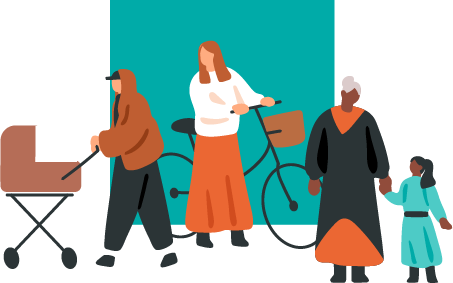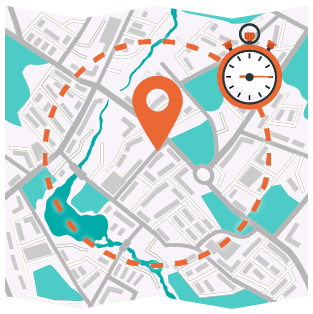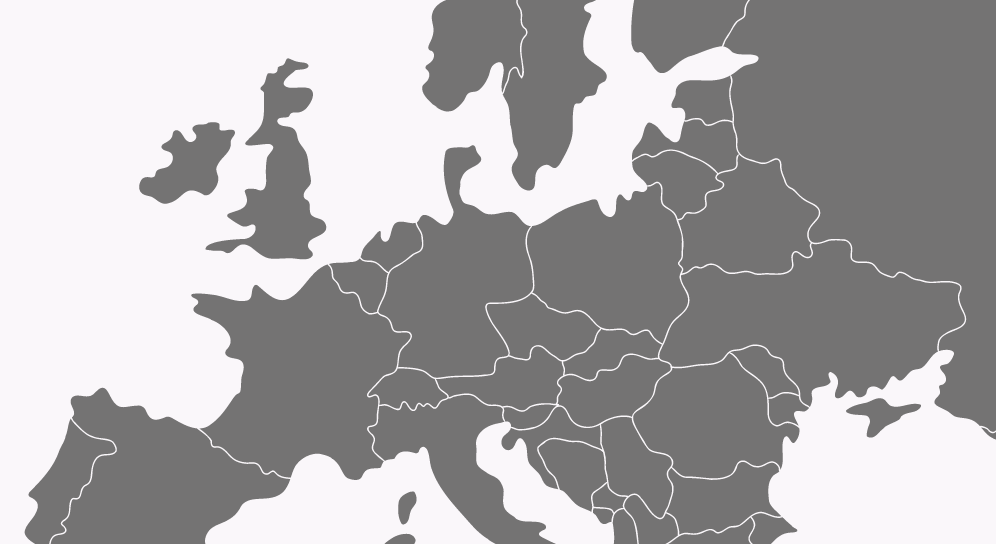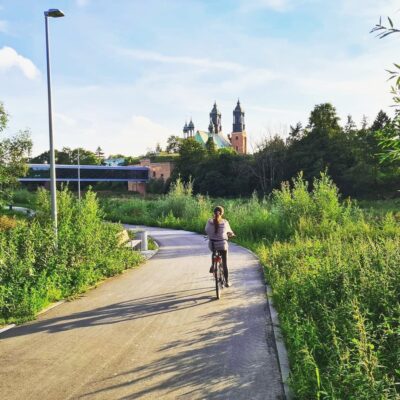
Examining how cycling can contribute to realising 15-Minute Cities in low-density, suburban neighbourhoods
The SPECIFIC project looks to identify how the 15-Minute City can be realised in suburbs and outer areas in European cities with up to half a million residents. It is much easier to fulfil all of your daily needs within a short walk or bike ride in city centres than in suburban and outer areas. And yet it is in those suburban and outer areas where most people live.
About the project
The 15 project partners will organise ‘transition experiments’ in five cities in which local policymakers, communities, businesses and cycling advocacy groups will be brought together to design and test different interventions to enhance the feasibility and attractiveness of short cycling trips. These range from commuters needing to get to work, to people wanting to visit friends and (e-)bike couriers delivering parcels or meals.
In a participatory process of social learning, the teams in each city will develop lessons that will be shared across the cities. The researchers will also develop a tool or online game that will help other small and medium-sized European cities to support cycling in suburban and outer locations.
Bellinzona (Switzerland): Evaluating the effectiveness of replacing motorized transport with bikes for commuting, especially for the home-school-work journey
Bristol (United Kingdom): Testing the feasibility of making last-mile deliveries to the suburbs using e-cargo bikes rather than electric vans
Graz (Austria): Exploring everyday mobility, including various forms of commuting (e.g. for school or work), errands, and childcare
Maastricht (Netherlands): Evaluating e-bikes as an alternative to car commutes from peri-urban areas to city workplaces
Poznań (Poland): Evaluating the feasibility of replacing motorized transport with cargo bikes for business
SPECIFIC will contribute to the practical realisation of 15-minute cities and to more healthy and sustainable ways of life for everyone in suburban and low-density settings across Europe.
All experiments will centre the experiences and voices of individuals and communities that are often marginalised in transport planning, and so hope to make cycling and mobility in suburban and outer locations more equitable and socially just.
This project has been funded by the Economic and Social Research Council (ESRC), Innovate UK, the Swiss National Science Foundation (SNSF), the National Centre for Research and Development (NCBR), the Dutch Research Council (NWO), and the Austrian Research Promotion Agency (FFG) under the Driving Urban Transitions Partnership, which has been co-funded by the European Union.
About 15-minute cities
In a 15-minute city, individuals can fulfil their daily needs within a short walk or bike ride from their home.
Those basic needs include, among others, paid or unpaid work, education, childcare, healthcare, groceries, entertainment, and recreation.

Increasing sustainable proximity to daily activities is more important than the duration of the walk or bike ride.
For some cities, 15 minutes is a sustainable proximity, whereas for others it may be 20 or 30 minutes. The overall aim is to enhance quality of life by bringing the activities individuals need to flourish closer to their homes.

The 15-minute city is also a smart city.
Where short travel times on foot or by (e-)bike are not feasible, high-quality and inclusive online services and activities should offer a suitable alternative.

Where we are running our research
Experiments will be conducted in five small and medium-sized cities across Europe: Bellinzona, Bristol, Graz, Maastricht, and Poznan. Findings from across these individual cities will be brought together at a transnational hub where they will be generalised for the European context.

Approx. 500k residents. Low cycling uptake. Aim: increase food delivery by e-bike in low-density areas by encouraging shops and restaurants to locate along bike lanes, both existing and new.
Approx. 473k residents. Low cycling uptake. Aim: explore how depot decentralisation can help e-bike cargo deliveries to replace van use for local deliveries.
Approx. 45k residents. Very low active mobility uptake. Aim: conduct cycling training and collective rides targeting car dependent residents of peripheral districts.
Approx. 300k residents. High cycling uptake. Aim: maximise socio-spatial justice in the use of new cycling infrastructure for heterogenous residents at the southern fringes.
Approx. 120k residents. High cycling uptake. Aim: learn about the potential of e-bikes and speed-pedelecs to increase the reach of cycling for commuting into Maastricht from ±7 to 15-20 km.







SPECIFICally Who What When Where Why (and How)
As the teams’ transition experiments are shaping up (or even underway), now seems like a good time to summarise what will be taking place in each of the five cities. And what better way […]
25 Feb, 2025